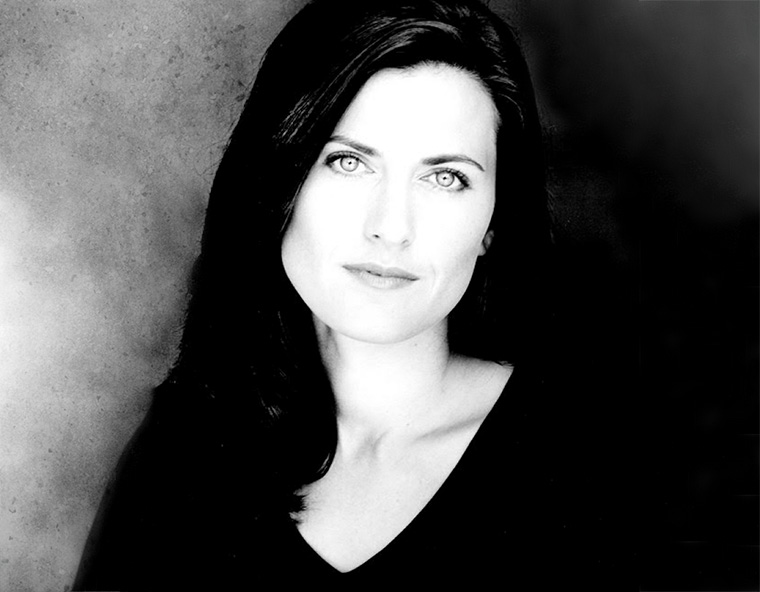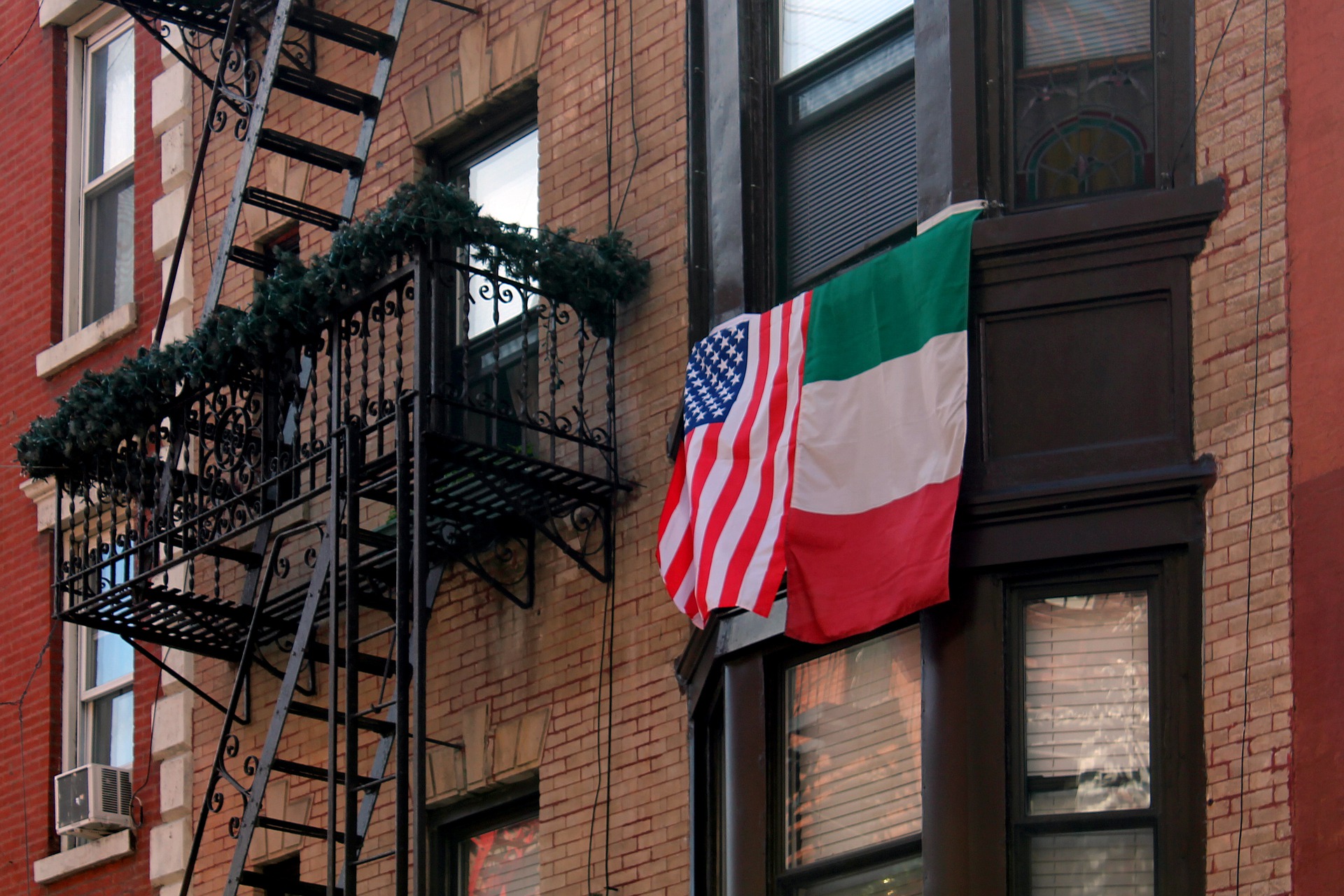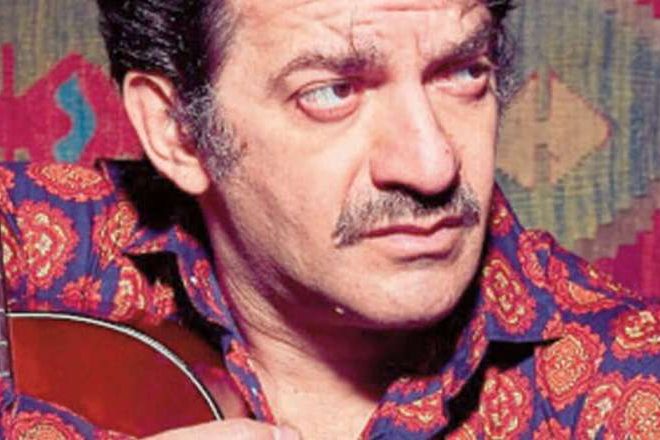Do you remember those adventure movies, in which a kid, or a bunch of them, find in their attic (or basement) some sort of treasure chest, containing an old map or something special passed on to them from their ancestors?
Ok, I admit it! I was thinking about The Goonies (1985). Particularly the eighties saw a proliferation of films, based on this successful formula.
Something similar happened to third generation Italian-American Dawn Spinella, actress, photographer and, above all, multi-awarded screenwriter.
Although she didn’t literally find any treasure chest, she certainly unearthed a metaphorical one, that is the extraordinary life story of her grandmother.
Her Sloan-awarded screenplay, Mary & the Moon, is about a woman who – despite never completing any degree and being indeed a “woman” in the male-dominated US society of the 1960s – finds the missing link in the propulsion system, necessary to bring a manned mission from Earth to the Moon and back.
Dawn managed to piece together the tiles of this “puzzle”, also through the chance encounter with an old family friend, who remembered her grandmother talking about those engineering challenges with his father.
And now let’s go deeper into Dawn Spinella’s life story, hearing directly from her.
Please, introduce yourself. What is your cultural background?
I’m a third generation Italian-American. Both of my grandparents were born in the States, but their older siblings were born in Italy. On my father’s side, my grandfather hailed from Sicily, whereas my grandmother came from Calabria.
Some of my relatives still live in Sicily and I had the chance to pay them a visit.
Growing up, I was fascinated by cinema and the magic that was created in the movies. I always knew I wanted to work in the entertainment business.
My undergraduate studies were focused on Media Communications. Then, I graduated with a Master’s in Creative Writing from San Francisco State University (SFSU). Finally, I took a MFA in Screenwriting from UCLA.
During my youth, I grew interested in acting, but, with time, I realized I didn’t like the lack of control that comes with it.
On stage, it was fascinating to create and give life to a character through its backstory, and, then, to receive immediate feedback from the audience.
Partly different was my experience in commercials, TV and in films. I gradually approached the directing and writing side of the business. It was great to finally look at the bigger picture and not just narrow yourself to your role as an actor.
It was very challenging as well. To me, the show biz is similar to gambling. You take high risks, without any guarantees of success. On the flip side, if you do succeed, the rewards are huge.
As I grew older, I began to appreciate the more private and mental dimension of writing. Naively I thought, like lots of people do, that writing screenplays would have been “a piece of cake.”
As you sit down to write, you soon realize how challenging and difficult it is.
My model was and still is Tennessee Williams. What I admire the most in the American playwright, is how his characters are endowed with such an astonishing depth of desire.
However, I soon realized how the commercial aspect of writing is equally important to its artistic value.
How was your upbringing in an Italian-American household?
My grandmother only spoke Italian, so I remember how, as a little child, it was hard to understand one another. However, my father was raised in an English-speaking household and he never learned Italian.
I eventually got closer to my Italian roots, as I took some language classes during my undergraduate studies, and then, upon graduation, went on a backpacking trip across Italy.
Despite my family belongs to a proper middle class, my father’s side is a little “crazy” and I love that. As a child, I didn’t realize how different I was, compared to the other American kids.
One of my distinctive traits was that I used to speak with gestures and through my body language a lot. Besides, wine was a regular complement to our family’s meals, and only as I went over to somebody else’s homes, I did realize that was not the case in traditional American households.
In 2012, you were awarded with a grant through the Alfred P. Sloan Screenwriting Competition and, then, placed as finalist at the same contest, a year later. Tell us more about your screenwriting career so far.
The Alfred P. Sloan Screenwriting Competition awards the best national screenplays, for their power to enhance science in the US viewers’ minds.
I submitted my script, while I was still attending the first quarter of my MFA in Screenwriting at UCLA.
Mary & the Moon, is loosely inspired by my grandmother’s (on my mother’s side) experience as a woman who, during the race to the moon in the ’60s, pioneered in the field of rocket engines.
I like to tell autobiographical stories, because true events are often more incredible than fictional ones.
Since I was awarded the Sloan’s grant, I went on focusing on TV writing. My TV drama, The Tour, was a finalist for the 2014 Humanitas Prize, as I was still attending UCLA.
That same year, my drama script, M2F, made it to the second round of the prestigious Sundance Institute Screenwriter’s Lab.
I have a very eclectic taste. Right now, I’m working on a story dealing with zombies.
Could you elaborate on your awarded feature screenplay, Mary & the Moon?
It’s essentially a triumph story for the underdog. It deals with overcoming your doubts and fears and being able to speak up for yourself.
As the protagonist Mary – a mother of four with no education – gets hired as a secretary in the propulsion laboratory, she must navigate a series of challenges to learn the technical jargon in a male-dominated environment.
In the late ’60s, the major issue was to figure out how to develop a rocket, capable of safely bringing back a manned mission from the Moon to our planet.
Eventually, Mary filled in the missing link and solved the dilemma pertaining the propulsion system. She later ended up being awarded as eminent mathematician.
You have professionally acted in a number of projects. What drew you closer to acting? Among the roles you played, what is the one you’re most proud of and why?
I had fun with acting. I loved being able to explore a life, which was not mine. Since an early age, I was extremely curious and constantly asked: Why?
As I grew up and played female roles with higher level of intricacy, like the ones from Tennessee Williams, the process turned into solving a puzzle, to find out about their inner motivations.
It’s hard to say what’s the role I’m most proud of. I played a vampire in the film, Drawing Blood, and it was a fun experience, also in terms of physical transformation (wearing contact lenses and fake fangs).
A role that I really enjoyed was in a comedy for the stage. I played a woman who ages through the several acts. Surprisingly, I learned in that occasion to have a great comic timing.
Do you have any contacts with the local Italian-American community?
No, I don’t. Unfortunately, I’ve been having a hard time finding an organization that holds regular meetings in my area.
However, I’ve travelled extensively across Italy by rail, from North to South. I’m planning to go back there as soon as I can, and I wish perhaps one day I could live there, surrounded by such breathtaking beauties.






























